Gujarat Lady Leaves Job, Turns 5000+ Tribal Women Into Empowered Entrepreneurs!
Once plagued by alcoholism and unemployment, 5000 tribal women across 55 villages in #Gujarat now have their own businesses—all thanks to one compassionate woman determined to make a difference! #Respect #RealLifeHeroine
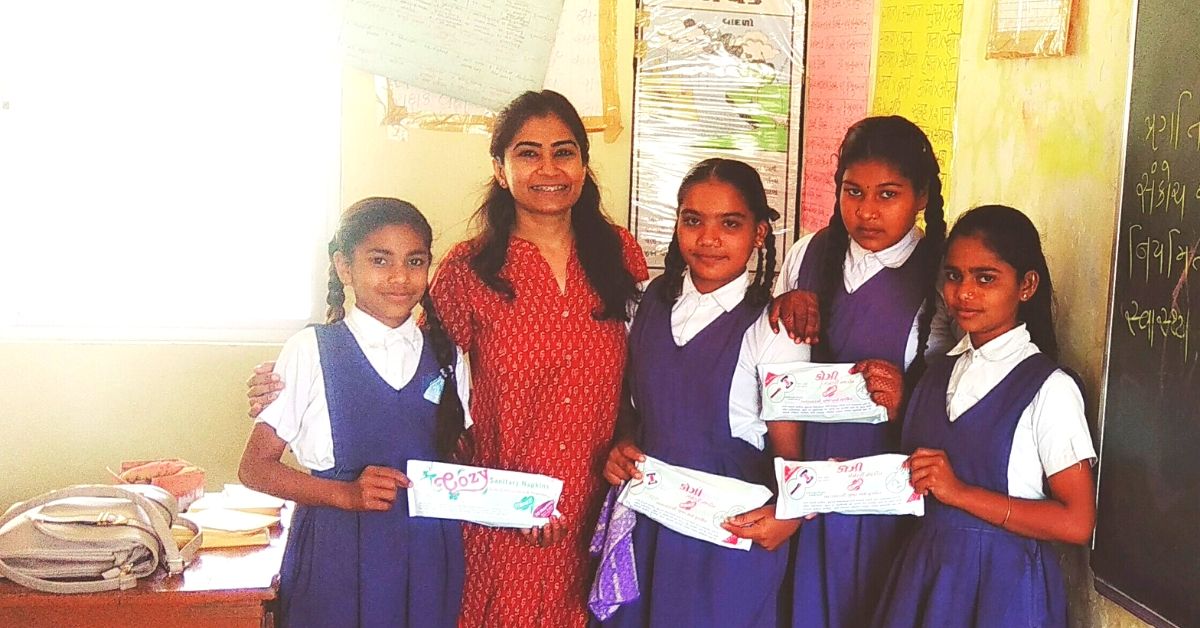
Learning about people’s atrocities and the insufficient mechanisms to resolve them was nothing new for Sonal Rochani, a former crime reporter. The Surat-based journalist always wanted to go beyond reporting and help the needy and underprivileged.
But like most of us, Sonal couldn’t do much other than extend her empathy. However, in 2005, one incident disturbed her deeply enough to change that.
Get an eclectic collection of bespoke accessories from Eastern India and empower women in rural areas. Buy them at TBI shop.
Narrating the incident to The Better India, she says:
Part of my job involved waiting at the Civil Hospital to cover stories. One day a pregnant lady approached me for help. She was drenched in kerosene as her in-laws wanted to burn her after illegally finding the baby’s gender. We provided her with the necessary assistance, but the incident continued to haunt me for days together. That is when I tried to research about the plight of women in rural areas who have fewer resources at their disposal.
The seed of starting an initiative was sown then, and after five years, Sonal finally gathered the courage to quit her well-paying job to dedicate her time towards empowering tribal women.

For a brief period, I worked with the World Bank on the funds allocated to government schemes vis-à-vis the number of people utilising it. Lack of awareness is one of the reasons why underprivileged people do not get to avail the benefits, says the 35-year-old.
Intending to help women and children avail various schemes of the government, Sonal started ‘Shakti Foundation,’ a non-profit organisation in August 2011.
Sonal travelled across the state to learn about the ground reality and finally decided to work with the tribal communities of Halpati and Kotdwara residing in Surat and Tapi.
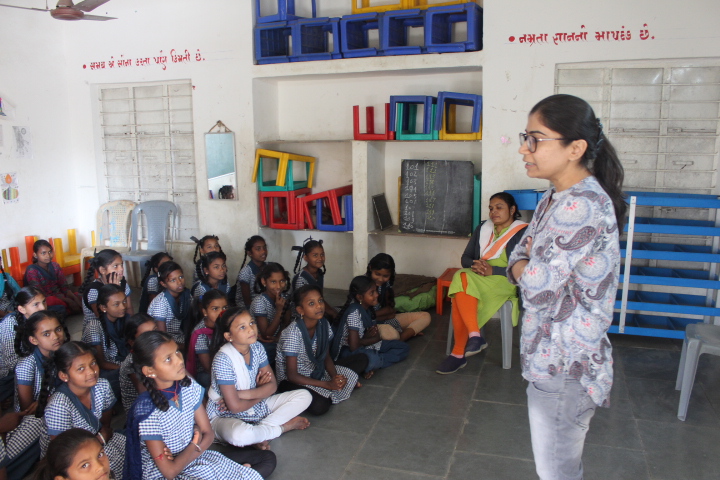
Explaining their plight, Sonal says, “There are several issues affecting these communities, but two stand out. The first is alcohol addiction, due to which the average lifespan of men in the Halpati community, has reduced to merely 40 years. This has resulted in an increase in the number of widows, and their children are often forced to drop out of school to earn a living. As for Kotdwara, the primary occupation of making handicrafts from bamboo has been greatly affected due to a massive decrease in the green cover. Today, most of the people there have turned into wage labourers. Consequently, Both communities live in deplorable conditions.”
Eight years later, Shakti foundation has been instrumental in training and helping more than 5,000 tribal women start their businesses across 55 villages. Sonal and her team of volunteers are also addressing issues related to health, hygiene and education.
Here’s how.
1) Government Schemes
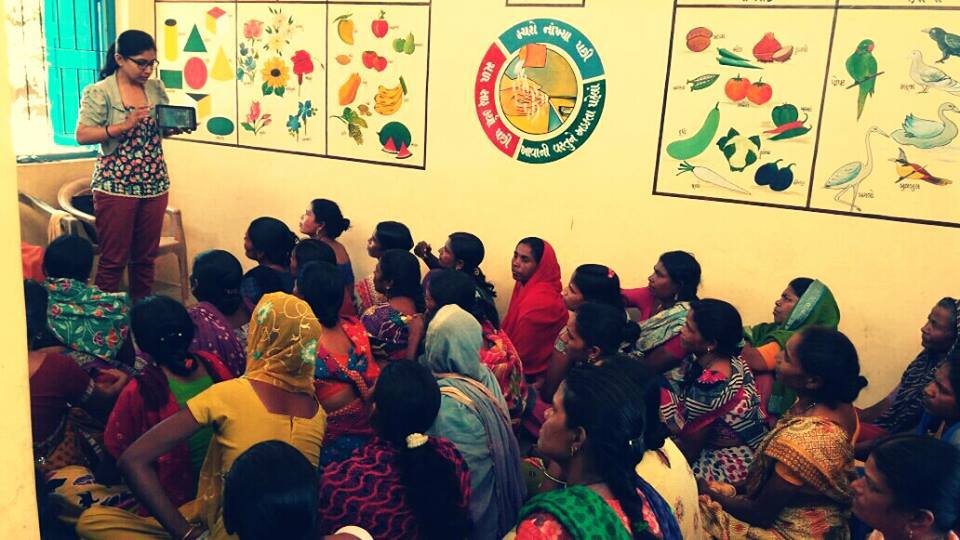
The NGO’s first project was to ensure that the members of these communities had their legal documents like Voter IDs, Aadhar and Ration card in place. The NGO conducted numerous awareness camps that encouraged the tribals to open bank accounts and use government schemes to make their lives easy.
“A majority of the people are clueless, and the ones who are aware do not use it due to lack of knowledge about the procedure. The communities anyway have preconceived notions about the way work is carried out in government offices. Leaving work even one day to visit the government office is not feasible as they earn on a daily basis,” she says.
The NGO collaborated with village heads, Anganwadi workers and SHGs to spread awareness about several schemes like the widow pension scheme, retirement pension scheme and health-related schemes offered by the Gujarat government. These efforts have benefitted more than 5,000 families have so far.
2) Health
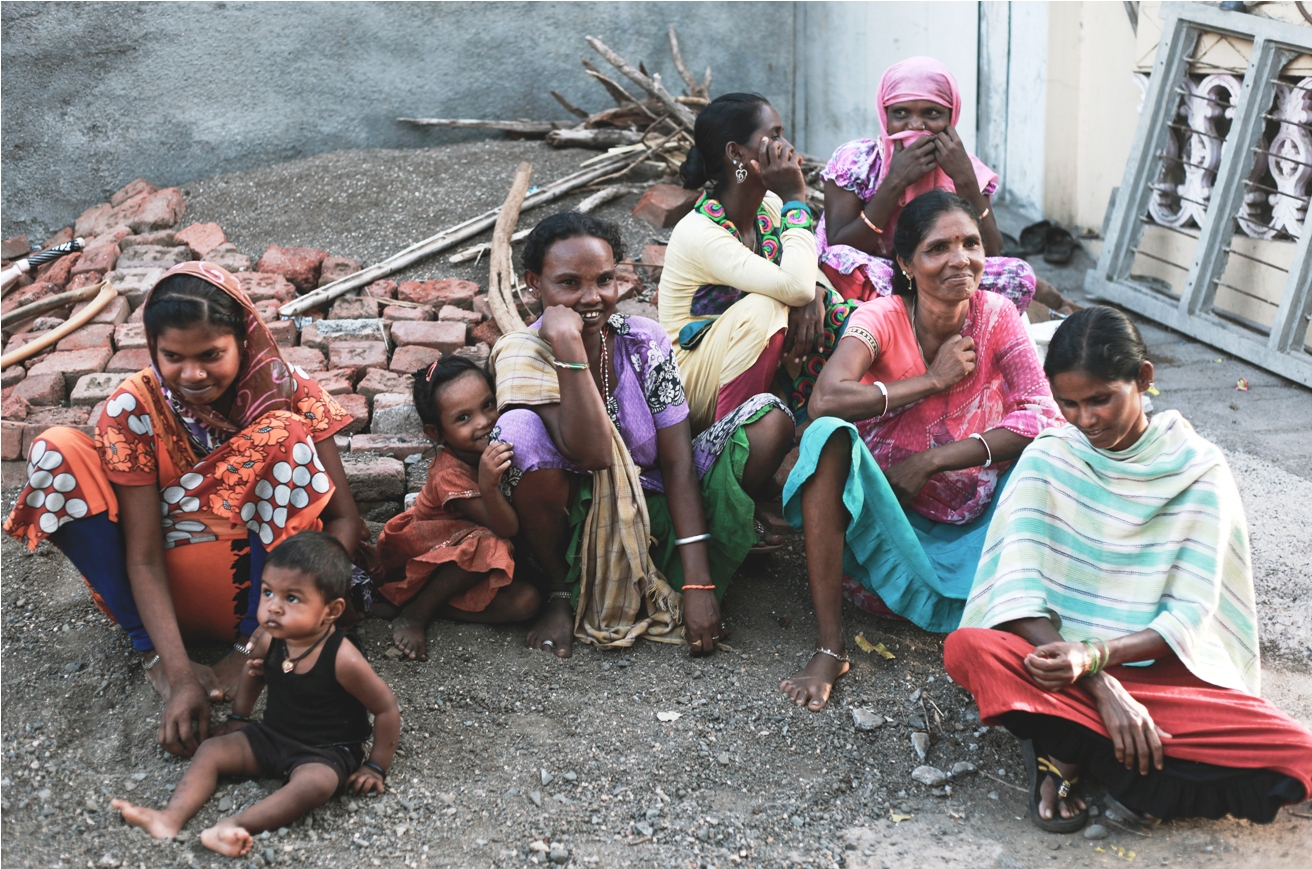
As per the 2018 Lancet Global Health Report, Gujarat is among the top 10 worst states when it comes to child and maternal nutrition. According to a Unicef study, 10.1 per cent of children in the state being grossly underweight and 41.6 per cent show stunted growth.
This is reflected in both the tribal communities.
Malnutrition is rampant among women and children here. The situation is so grave that many families struggle even to get one meal a day. Girls are married off before their legal age, and by the time they enter the 30s, they already have 3-4 children. Since the mothers are malnourished, their children are born underweight, explains Sonal.
To fight this, Sonal contacted her friends and relatives who are doctors to conduct health checkups in all the 55 villages. This practice has continued till date, and essential examinations and checkups like gynaecological, dental, weight are carried out every few months.
In addition to that, the NGO distributes Sukhdi (an Indian sweet made from wheat flour and jaggery in ghee) and sheera (another sweet dish made in ghee) to women in all the villages twice a week.
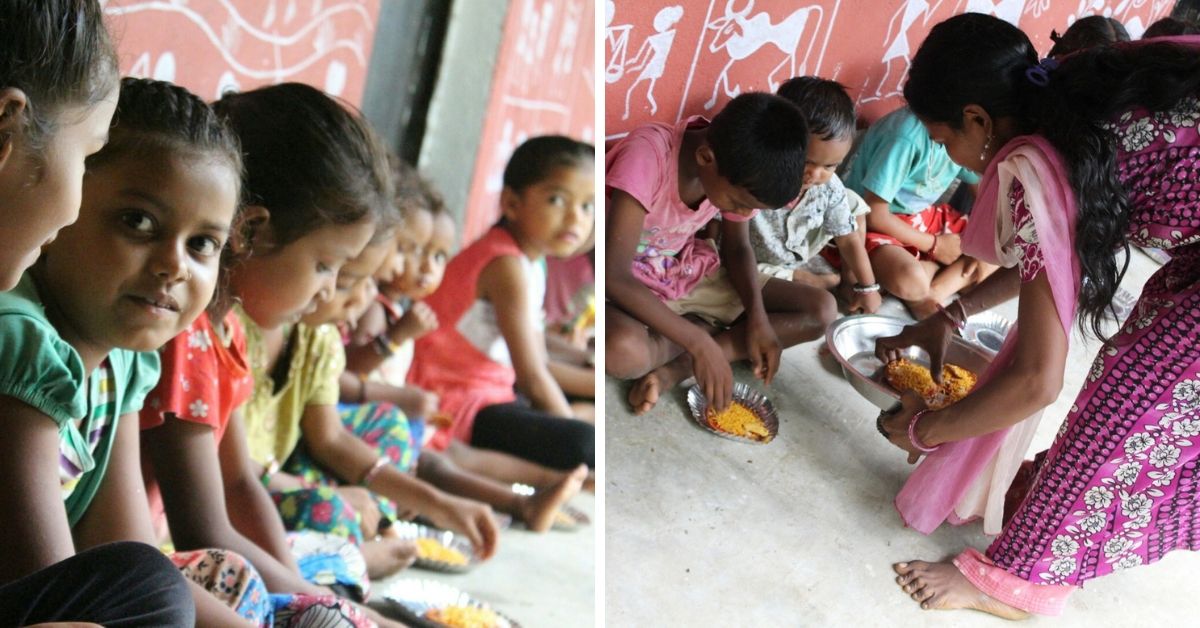
In most of the Gujarati households, pregnant women and lactating mothers are given these two dishes as they are very nutritious and also helps in increasing the body weight.
With the NGO’s help, members of these communities have also applied for the Ayushman Bharat Yojana health insurance scheme card, and around 500 of them have already received it.
3) Menstrual Hygiene
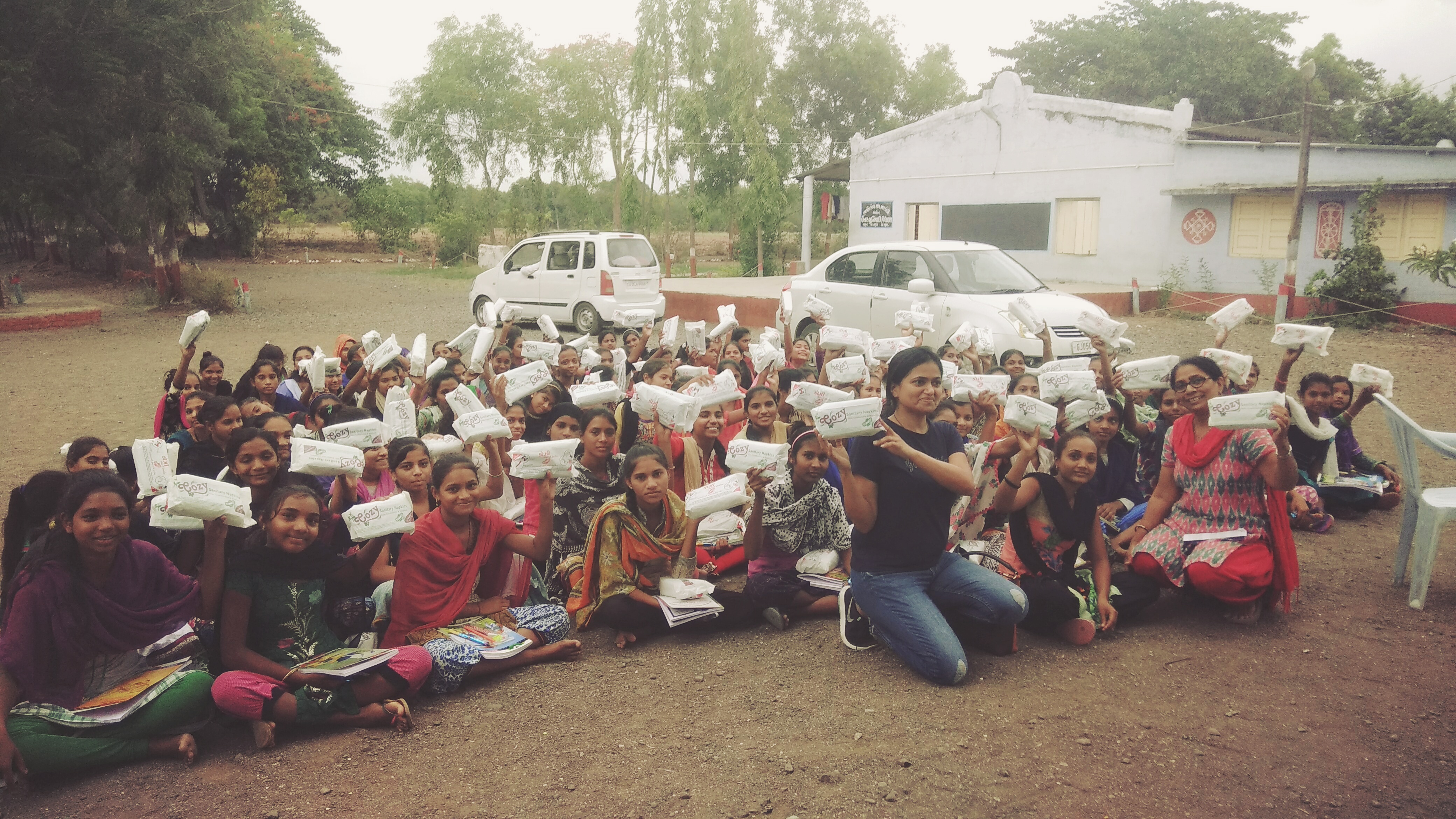
Inspired by Arunachalam Muruganantham, the man who stirred a revolution by making low-cost sanitary napkins in rural areas, Sonal procured a pad-making machine for an SHG in Ichaapore village, Surat. The SHG employs eight women, who earn Rs 5,000 per month.
The idea was to generate employment and ensure menstrual hygiene management in the two communities. Donations from people are used to procure raw materials and pay the salaries of these women. Around 25,000 pads are manufactured from wood pulp and cotton every month, and monthly close to 7,000 women get ten pads, says Sonal.
4) Education
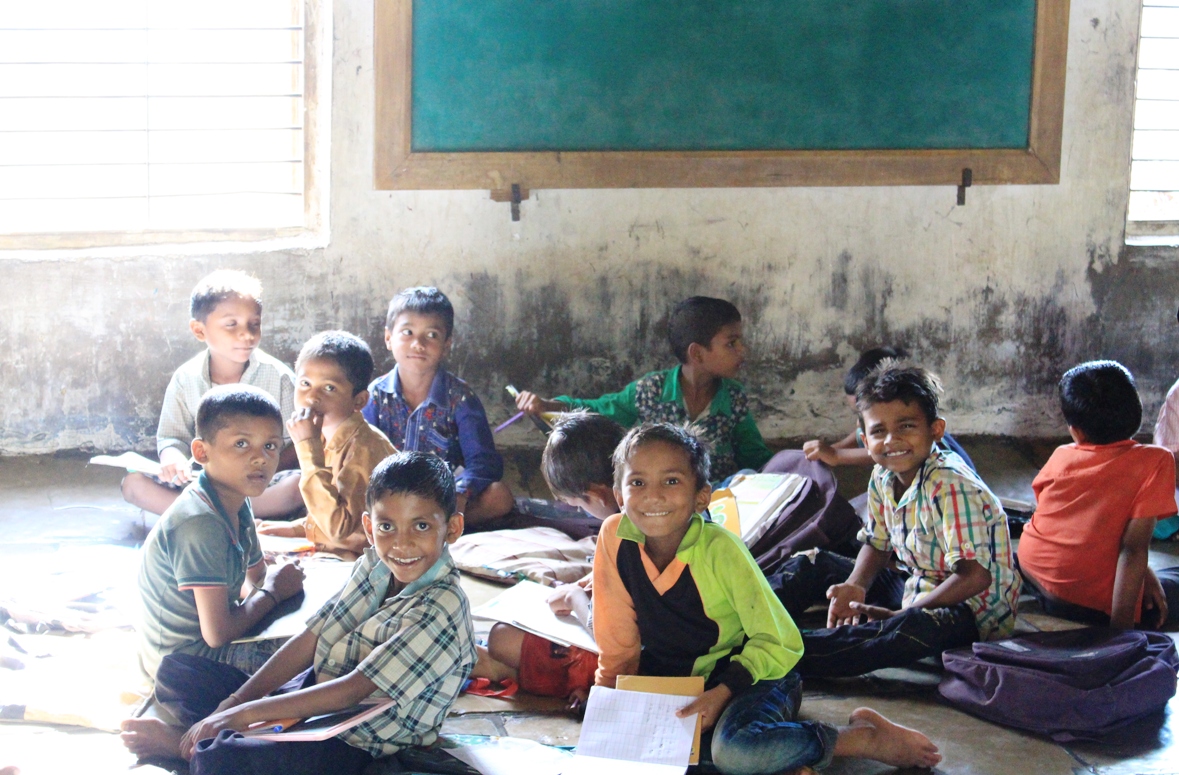
The educational initiatives of the NGO cover 46 local schools today. It takes after-school classes for students appearing for board exams. Along with providing necessary study materials including books and pens, the volunteers teach tough subjects like Math, Science and English.
As per the organisation, these efforts have led to a massive improvement in the pass percentage of the schools, and some have even recorded a 100 per cent success rate. The NGO also gives career guidance to students who want to attend college and pursue higher education.
5) Making Tribal Women Financially Independent
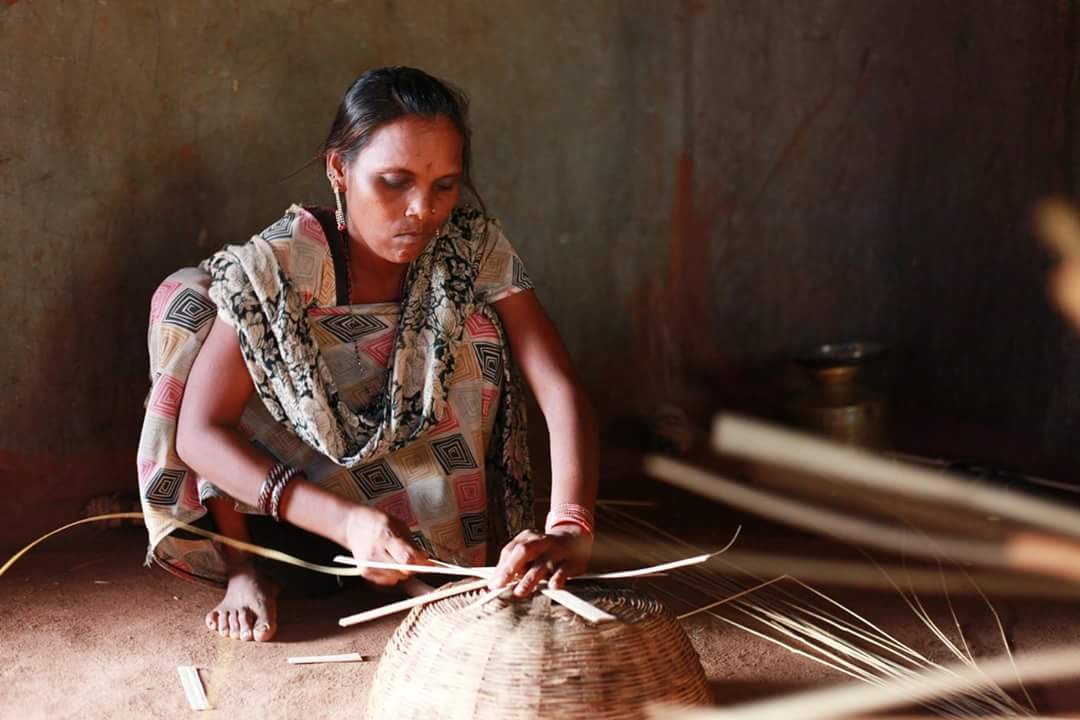
Using Mission Mangalam, a scheme launched by the Gujarat government to alleviate poverty and empower rural women, the NGO helped hundreds of women get training in skill development. It also helped tribal women get financial assistance for their small businesses from banks.
After mobilising women from both the communities, the NGO has, so far, helped in the formation of around 500 SHGs.
Some of the SHGs showed tremendous potential in becoming entrepreneurs. The bank released revolving funds up to five lakhs to them, says a proud Sonal.
From selling papads, khakhras, and agarbattis to dealing in handicrafts and opening beauty parlours, tribal women are now using their traditional skills and earning a decent living.
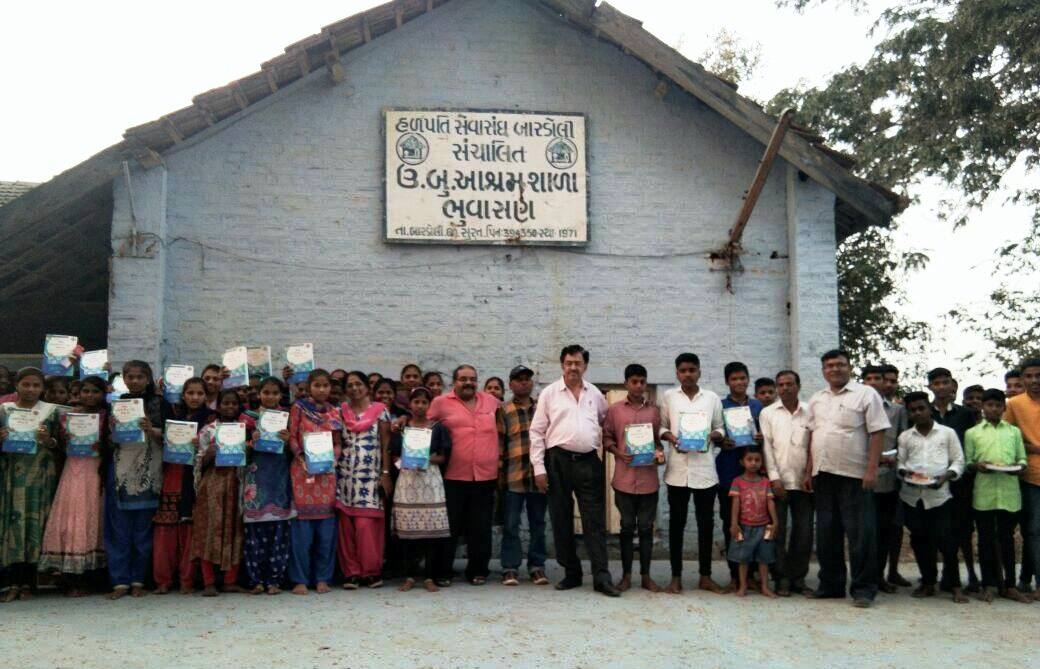
Besides the SHG that is making sanitary pads, another success story that Sonal excitedly mentions is about an SHG in the Karchali village that went on to launch its own masala brand.
The eight-year-long journey has not been easy for Sonal. From gaining the trust of the women, facing the wrath of the community members, especially the men, to getting threat calls, the organisation has fought every battle with patience and courage.
While the initiatives mentioned above are ongoing to sustain the change, Sonal and her team are currently working on making a comic book for adolescent girls to teach them about good touch and bad touch.
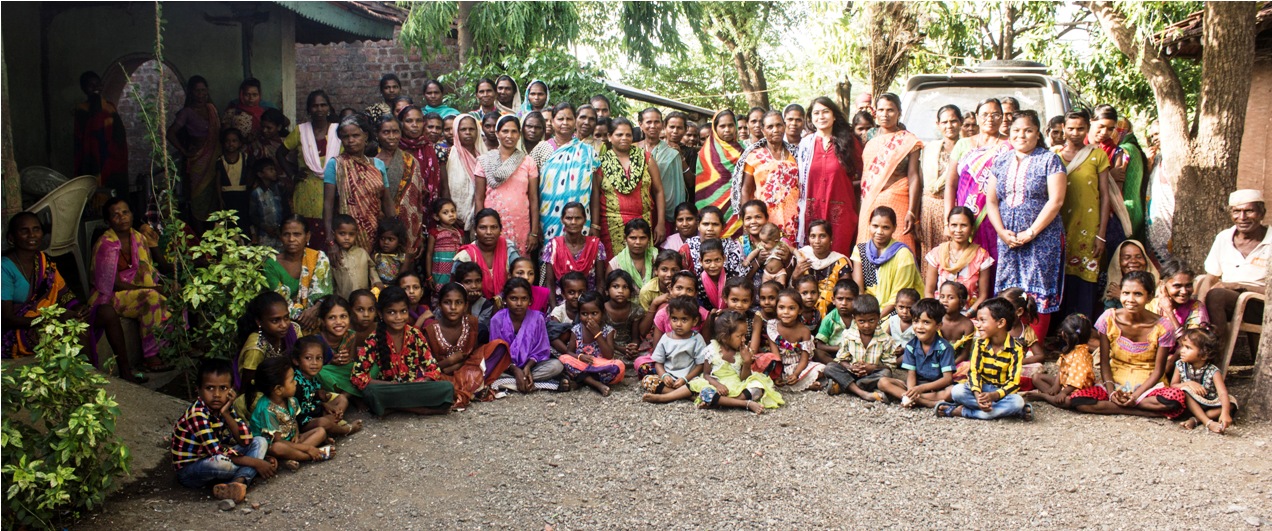
In addition to that, the organisation hopes to expand its reach in the state, and are looking for investors and donations.
If you wish to make any contribution, you can reach out to Shakti Foundation here.
Bank Details:
Dena Bank- Palsana Branch
A/C No : 015411031018
RTGS/IFSC Code: BKDN0230154
PAN No : AALTS2868K
Also Read: Unaware of Key Govt Schemes, 100 Tribal Families Find Guardian Angels in Maha Couple!
(Edited by Gayatri Mishra)
Like this story? Or have something to share?
Write to us: [email protected]
Connect with us on Facebook and Twitter.
If you found our stories insightful, informative, or even just enjoyable, we invite you to consider making a voluntary payment to support the work we do at The Better India. Your contribution helps us continue producing quality content that educates, inspires, and drives positive change.
Choose one of the payment options below for your contribution-
By paying for the stories you value, you directly contribute to sustaining our efforts focused on making a difference in the world. Together, let’s ensure that impactful stories continue to be told and shared, enriching lives and communities alike.
Thank you for your support. Here are some frequently asked questions you might find helpful to know why you are contributing?


This story made me
-
97
-
121
-
89
-
167











